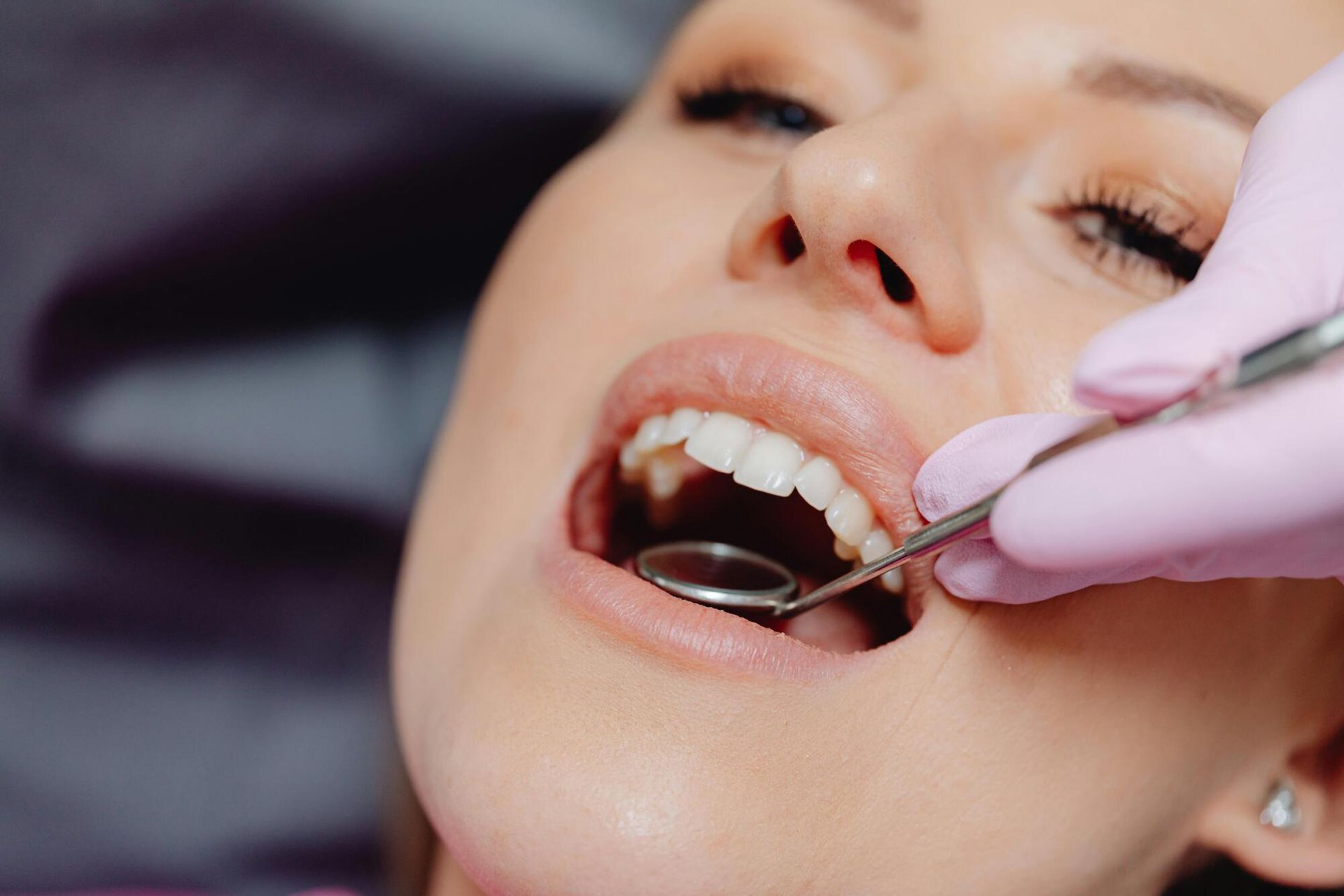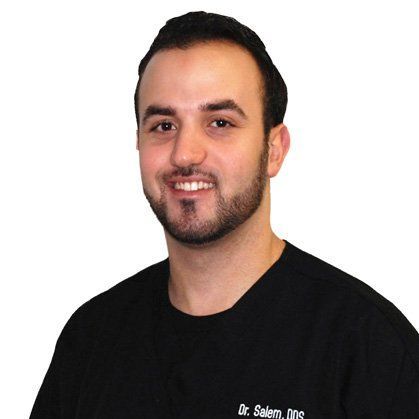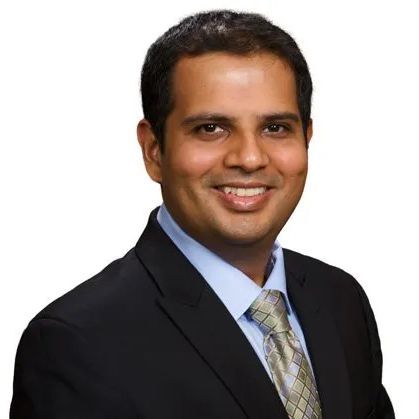Root Canals: The Complete Guide to Procedures
When tooth pain and intense pressure wake you up at night, you have a serious problem. A mild toothache is a common problem that basic dental treatments can fix. But intense pressure and distracting pain indicate a potential infection.
A root canal procedure will alleviate the pain and eliminate the pressure you feel. Your dentist in Riverdale, IL can perform this procedure in about an hour, and you'll walk out of the office feeling whole once again and able to function.
Keep reading to learn everything you need to know about a root canal including what you can expect from a root canal appointment.
What Is a Root Canal?
To best understand a root canal procedure, it helps to first understand the anatomy of the tooth.
Every tooth consists of six main parts: the crown, gum line, root, enamel, dentin, and pulp. The crown is the part of the tooth we see, whereas the root anchors the tooth to your gums. The dentin and enamel make up the outside, visible layers of your tooth.
The pulp of your tooth is the heartbeat of the tooth, what keeps it alive. It consists of the nerve tissues and blood vessels deep in the root of your tooth.
When a tooth cracks or breaks, the protective outside layer can no longer protect the tooth from bacteria that can seep in. Infection can set in the root of the tooth, causing pressure and pain. Ultimately, left alone, the infection can spread and cause significant damage to the body and, in severe cases, death.
A root canal treatment is a procedure where a dentist removes the infected pulp from the roots of the tooth. They remove the infected tissue before it can spread and cause further damage.
While a root canal procedure may sound scary, modern dental technology has made them a routine and fairly painless procedure. Those who have had a root canal often comment how they felt so much better once the procedure had finished, especially since most are in severe pain because of the infection before the procedure.
Why You Need a Root Canal
When treating damaged teeth, dentists will give you a few different options. Sometimes the cracked or broken tooth has not yet allowed any bacteria in, and the dentist can just repair the tooth.
If you develop tooth infection symptoms, though, you will need a root canal. While trauma to a tooth can cause the need for a root canal, tooth decay is the most common culprit.
Thus, you can avoid tooth infections and the need for a root canal by simply flossing and brushing your teeth two times every day. Regular visits to a dentist for preventative and general care also help prevent bigger problems.
Good Root Canal Candidate
So how do you know if you need a root canal? If you damage your tooth, even with a hairline crack, bacteria can penetrate the tooth and infect its nerve. All damaged teeth need some kind of treatment to ensure you save them.
If you're experiencing the following symptoms, you may need a root canal:
- Swollen gums
- Tender gums
- Lingering sensitivity to cold temperatures
- Lingering sensitivity to hot temperatures
- Severe pain while biting or chewing
Even basic cracks in a tooth can lead to an infection. Seek a dentist quickly if you have a combination of these symptoms before an infection sets in.
Root Canal Step by Step
A root canal procedure requires a bit of patience, and that's it. While you may hear nightmares of root canals in the past, modern technology and pain management techniques allow a dentist to conduct a root canal smoothly. Plus, you feel much better when the procedure has finished.
Here are the basic steps to expect when you have a root canal.
Anesthetic First
If you're having a root canal procedure done, you are most likely experiencing some severe pain. Your dentist will give you an anesthetic to both alleviate your pain and allow you to relax and feel no pain while they perform the procedure.
The anesthetic is usually a shot that numbs the area where the dentist will work.
The dentist will then place a dental dam over your tooth. The dam keeps the tooth intact as they work on the tooth. The dentist then removes the infected pulp and nerve in your tooth's root.
Because the dentist is removing the nerve, you will not feel any pain from the tooth once the dentist has completed the procedure and the anesthetic has worn off. It has no more nerve to send pain signals.
Cleaning and Shaping
Next, the dentist uses special dental instruments to clean the pulp. They remove the infection and then shape the inside of the tooth, preparing it for a filling. At this point, the dentist may also use a medication in the pulp to kill any lingering bacteria.
Filling
Finally, the dentist will place dental material into the canal. This material protects the tooth from damage. They seal the tooth using dental adhesive cement.
The dentist will then either fill the tooth or place a dental crown over the tooth. The crown will help retain the integrity of the tooth and allow you to use it confidently.
What To Expect After a Root Canal
When the anesthesia wears off, you will notice an immediate difference. You may feel some discomfort from the procedure. You will not, however, experience the severe pain you had before the root canal procedure.
If the same kind of pain persists for one to two weeks after the procedure, contact your dentist in Riverdale, IL immediately. In rare cases, a root canal fails. Sometimes the dentist misses parts of the root or the root has stretched horizontally in places the dentist could not reach.
Seek a Dentist in Riverdale, IL
When you have a severe tooth infection and find yourself unable to sleep, work, or generally function, a root canal will offer you immediate relief. The procedure sounds intense. In truth, a root canal procedure is now a routine procedure in most dentist offices.
Plus, they alleviate pain almost immediately.
Do you need a dentist in Riverdale, IL? Are you experiencing the pressure and pain that comes from a tooth infection? If so, contact us.
Our experienced staff stands ready, waiting to help you find the relief you need. In no time we will have you back on the path to excellent oral health.


Dr. Munther Salem
D.D.S
Dr. Munther Salem grew up in the Southwest Suburbs of Chicago. He received his Bachelors of Science degree in Biology from Benedictine University. He then attended the University of Illinois at Chicago School of Dentistry, where he earned his Doctor of Dental Surgery degree. Dr. Salem is an active member of the American Dental Association, Chicago Dental Society, and Illinois State Dental Society. Dr. Salem has also been on two medical mission trips to Jerusalem treating special needs children. Dr. Salem enjoys traveling and spending time with his wife and daughter. Dr. Salem is happy to be back in the South Suburbs where he grew up to provide excellent patient care to the Ivanhoe Family.
Dr. Monil Shah
D.D.S
Dr. Shah completed his dental education at Boston University School of Dental Medicine and has been practicing dentistry since 1999. In the years since, he has devoted himself to creating an environment in which patients know they are welcome as soon as they walk in the door. He is focused on providing excellent dental care and helping patients stay comfortable throughout their visits. Dr. Shah believes in giving patients the time to ask questions about their health and providing them with knowledgeable answers.
Dr. Janani Gurukkal
D.D.S
Dr. Gurukkal is new to the windy city and excited to join the Ivanhoe team. She was born and raised in Nashville, TN. She received her Bachelors of Science in Kinesiology from the University of Kentucky. She then pursued her Doctor of Dental Medicine at the University of Louisville. After graduation, she completed an Advanced Education of General Dentistry residency at A.T Still University in Arizona. Dr. Gurukkal has always had a passion for healthcare. She understands the importance of oral health and how it can have a profound impact on your overall health. She enjoys taking her time to get to know her patients in order to provide them with the highest quality of care. Her goal is to create an environment where patients can feel safe and comfortable to get the treatment they deserve. Dr. Gurukkal is an active member of the American Dental Association, Illinois State Dental Society, and Chicago Dental Society. She devotes her time to continuing education in order to stay current with the latest advancements of dentistry.
Outside the clinic she has spent time volunteering in her local community as well as abroad. In her free time, Dr. Gurukkal loves traveling and spending time with her family.
Dr. Ken Arrietta
D.D.S
A firm believer in patient education, Dr. Arrieta is a specialist in periodontics, the treatment of all the supporting structures of the teeth, including the gums, and the placement of dental implants. Dr. Arrieta’s skills enable many patients to complete their entire treatment plans at our location, avoiding the necessity of being referred to another office.
After completing his undergraduate studies at Loyola University, where he also made the Dean’s List, Dr. Arrieta earned his Doctorate of Dental Surgery at Northwestern University School of Dentistry. He continued his advanced specialist training at the University of Iowa where he received his Certificate in Periodontics.
Dr. Ravneet Bhullar
D.D.S
Dr. Ravneet Bhullar grew up in the heart of Atlanta, Georgia. He received his Bachelors of Science degree in Biology from the University of Georgia. Go Dawgs! Soon after Dr. Bhullar earned his Doctor of Dental Medicine degree from the University of Louisville School of Dentistry. Dr. Bhullar is an active member of the American Dental Association, Chicago Dental Society, and Academy of General Dentistry. Dr. Bhullar loves helping his patients' smile and helping them to maintain their oral health. When Dr. Bhullar is not in the office, he enjoys traveling to new places and spending time with his fiancée and their lovely cavalier poodle named Bean. Everyday Dr. Bhullar looks forward to learning more about his patients and providing them with all their dental needs!
















